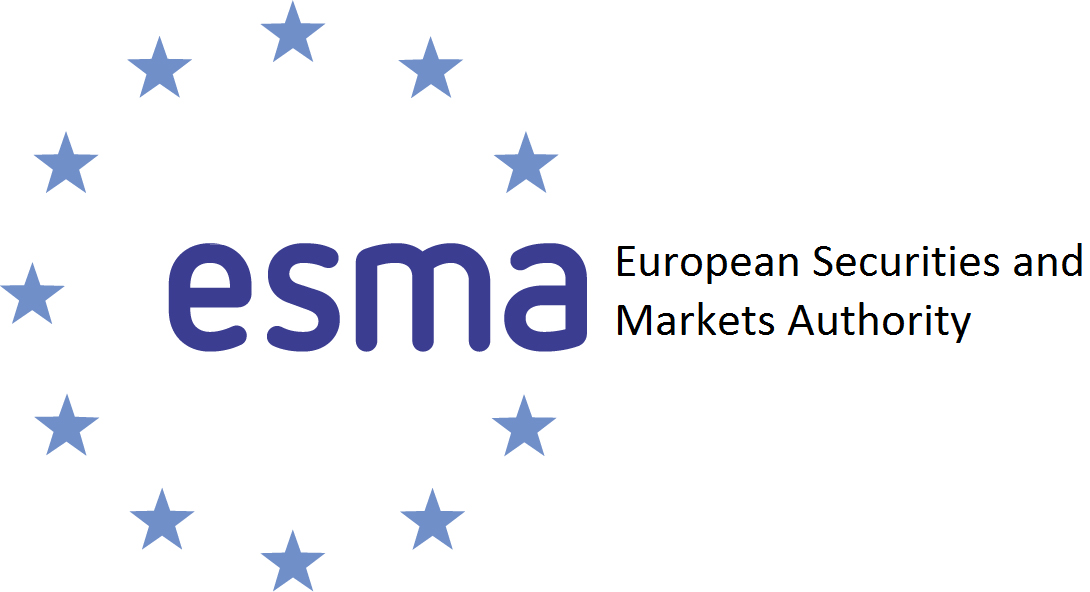Falling markets and regulatory tailwinds are pushing even more traditional active asset managers into the European ETF market with many pinpointing it as a strong growth area.
Asset managers have seen revenues squeezed on the back of last year’s volatile markets while at the same time coming under increased pressure from European regulators to offer value for money to investors.
BlackRock last week reported an 8% decline in profit for 2022 and axed 500 jobs following a turbulent year for markets, despite reporting a record year of inflows for its fixed income ETFs, an area it anticipates will be the biggest growth driver of 2023.
Meanwhile, DWS said it has targeted cost efficiencies of €100m by 2025 as it plans to streamline the business, but has ambitious plans for its Xtrackers arm as it attempts to leapfrog Amundi as Europe’s second-largest ETF issuer.
The strategic interest in ETFs has also increased from active houses traditionally against any form of passive investing.
Marc Knowles, director of ETF and indexing practice at Alpha FMC, said: “This year is going to be a big year for a lot of people across the ETF industry.
“Some of the stoppers that have previously prevented asset managers coming to market have been removed and that is going to lead to growth across the market.”
Knowles told ETF Stream Alpha FMC has recently signed “two significant deals” with active managers to enter the European ETF market for the first time.
“[They are] the types of names that said they would never do ETFs three years ago,” he said.
“As you look across all client types, whether it is pensions, insurance firms asset managers, wealth managers or retail investing through brokerage platforms, they are all using ETFs and increasingly so.”
It comes as UK fund giant abrdn edged closer to its ETF debut in Europe earlier this week, gaining regulatory approval on two ETFs tracking the metaverse and real estate from the Central Bank of Ireland.
The firm’s imminent entry would be the largest since French giant AXA Investment Managers launched its first ETFs last September.
Feeling the pinch
Declining revenues may have forced asset managers into small cuts across their businesses, but some may also be required to make bigger strategic decisions on growth areas they would like to invest.
Knowles said asset managers looking to ETFs as a fundamental growth area for their business will likely divert scarce capital to make sure they achieve this goal.
“Discretionary spend on projects is getting harder and so they are looking at return on investment,” he said. “Asset managers that see ETFs as a strategic play and are willing to fundamentally change their business models are going to push forward.”
Conversely, Knowles added if asset managers are limited in capital and see ETFs as a tactical play rather than a strategic one, they are likely to sideline entering the market.
Gavin Haran, head of policy for asset management at Macfarlanes, agreed asset manager interest in running ETFs was likely to peak as cost pressures mount.
“I expect to see some traditional fund providers consider moves into the ETF space because of the cost pressures that firms face,” he said. “Related to this, there is a growth in active ETFs, smart beta and more customised strategies which offer a cost-effective alternative to actively managed mutual funds.”
Active ETFs in Europe has more than doubled from €7.8bn to €16bn since 2018, according to data from Morningstar.
Adrian Whelan, global head of market intelligence at Brown Brothers Harriman, said asset manager’s squeeze on revenues has led to an “economic regime change” that goes beyond simply launching ETFs, but noted many may consider a move into the product offering due to their ease of access and liquidity during periods of market stress.
“Concerns around market volatility and access to liquidity are actually a relative strength and positive for ETFs,” he said. “One of the growth areas is active ETFs, which might not be the lowest cost but the ease of access and liquidity are huge advantages.
“If you are an active equity of bond mutual fund manager and you are not considering ETFs, now is the time.”
Value for money
As well as increasing cost pressures, there are growing regulatory tailwinds moving asset managers to consider ETFs more seriously.
The European Commission is sharpening its focus on value for money for investors which could bring around big changes to the way funds are marketed across Europe.
Haran said: “ETF issuers will also keep an eye on the likelihood of substantial changes to retail investment rules. The EU is considering value-for-money requirements for retail funds, a ban on inducements, and the replacement of suitability rules with a new regime.”
In its latest report on the cost and performance of the European Union’s retail investment products, the European Securities and Markets Authority (ESMA) said “the high cost of certain investment products…raises concerns about actual investment outcomes” amid a period of high economic uncertainty.
“Value for money is gaining growing attention. Cost efficiency, as well as product design and quality, determine final investor outcomes,” Verena Ross, chair of ESMA, said.
Whelan added: “Regulators are looking at value for money and the European Commission is now talking of the assessment of value concept that exists in the UK.
“This would play, to a degree, into the commercial basis of ETFs. A broad-based index exposure at the right price is an easier sell than an esoteric high-charge fund.”
Related articles







